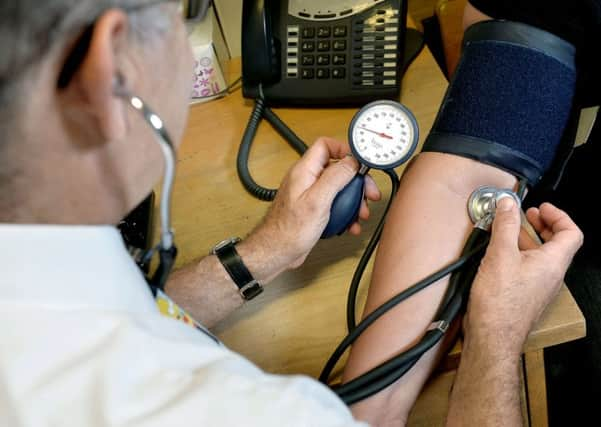Here's how GPs could spend an hour, not 10 minutes, with patients '“ Dr Punam Krishan


Here is a scenario you might be familiar with. You have waited a week to see your GP. As you sit there in the waiting room, having read all the health-related literature, scrolled through your phone multiple times and glared at the receptionist for the umpteenth time, you look down at your watch and sigh. Your GP is running late again and you have to wait.
Your GP finally appears, calls you in and asks what the problem is. No sooner have you sat down and taken your coat off, you find yourself being ushered out the door, having used up your 10-minute quota. Quite rightly peeved, you leave with your other four questions unanswered and for which you have been advised to book another appointment. You only just managed to book this one, you think to yourself. Frustration and uncertainty biting, you wonder if anything will ever change.
Advertisement
Hide AdAdvertisement
Hide AdYou imagine a world where you could spend a whole hour with your GP, learning all there is to learn about your condition or challenge, working to scope out the solutions to those problems and asking them everything you have been desperately searching Dr Google for. Could such a system ever exist and would it be enough?
Sometimes there can be a disconnect between doctor and patient. This is not because the doctor doesn’t understand the physiology of the disease in question but there are times where the doctor perhaps doesn’t really “get it”. Something I hear time and time again is patients yearning to meet like-minded people who really understand the struggle, the pain, the disability, the anxiety or whatever they are going through. A 35-year-old male doctor might not understand how debilitating menopausal symptoms can be. Similarly, only someone living with years of chronic pain will truly empathise with another sufferer and that connection is often more powerful a tonic than any drug. People with long-term conditions such as diabetes, heart disease, obesity, depression, and cancer to list a few, deserve the time to learn about their conditions in a stress-free environment but they should also gain insight and experience from those who are going through the same journey.
This is a dream model of care which exists in many parts of the world and could be making its way to a practice near you. Such appointments are known as “group consultations” and are delivered by a clinician to several patients with similar health issues. Studies have shown patients are better informed, more engaged in their care, happier and more satisfied and the doctor’s time is made more efficient. Everyone feels they have been listened to and leave inspired, empowered and transformed to make a positive step forward. This really is true personalised care!
As a GP, group consultations seem like a breath of fresh air to me. We become doctors to make a difference to people’s lives but often I find that whilst I do help my patients, the real magic happens when people connect with their “tribe” and when patients and doctors work together. Usually, doctors only get to see a “snapshot” of your life. We tell you the diagnosis, the problem, the management, but you need to figure out how to live a longer, healthier and happier life. On a more selfish note, I really hope to incorporate this model of care into my practice because I would love to spend more time with my patients. Ten minutes is never enough, medication is not the only improver, and running late is also a right pain in the neck.
Punam Krishan is a GP and is on Twitter @drpunamkrishan